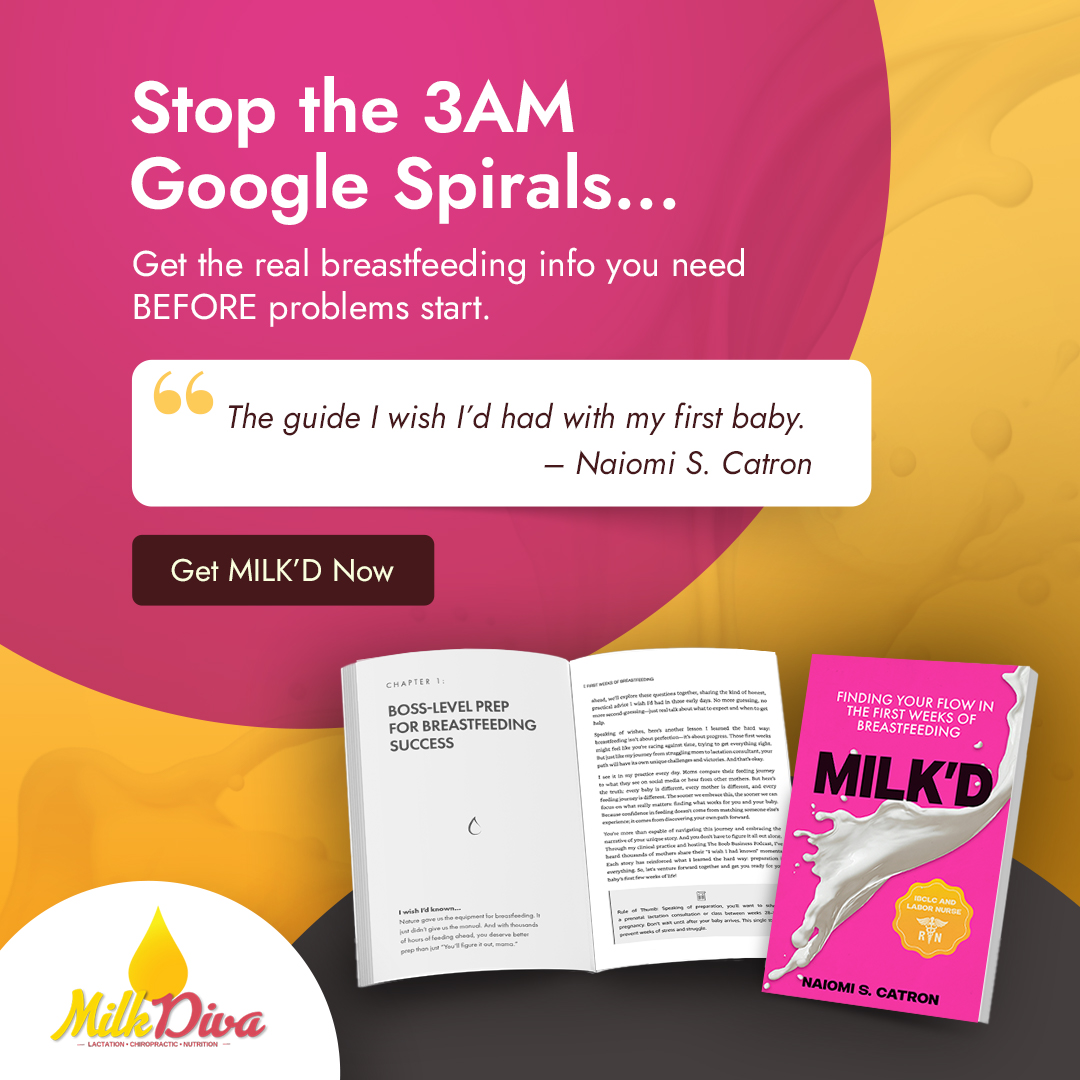
Did you know that at least 5-8% of all pregnancies are affected by preeclampsia? So what exactly is preeclampsia and why is there a need to raise awareness about it?
What Is Preeclampsia?
Preeclampsia is a disease that occurs during pregnancy and up to 6-8 weeks postpartum. It is characterized by high blood pressure and the presence of protein in the urine. It can affect the mother and the unborn baby. The tricky part about preeclampsia is that many times women don’t feel sick and have very mild symptoms, making it difficult to identify, yet the disease may slowly or suddenly surface.
Preeclampsia.org points out that some characteristics of preeclampsia can be measured but they might not be obvious to a pregnant woman this includes high blood pressure, elevated liver enzymes, and elevated urine protein.
What Are Some of the Risks of Preeclampsia?
If left untreated high blood pressure related to preeclampsia can cause several serious issues. Some of these complications are in-utero growth restriction to the baby requiring premature delivery and organ damage to the mother. Preeclampsia that becomes more advanced can result in HELLP syndrome which stands for Hemolysis, Elevated Liver Enzymes, Low Platelet count syndrome.
Today, we’re featuring one mom who courageously fought HELLP or Hemolysis, Elevated Liver Enzymes, Low Platelet count syndrome. Read her story below ⬇️ or on FB or IG.
How To Prevent Complications?
The best preventive measure a mom can take against preeclampsia is to make sure that she gets consistent and thorough prenatal care. She should report any symptoms of preeclampsia to her doctor or provider as soon as possible. It has been reported that a delay in reporting symptoms has been linked to a number of preventable deaths.
As a bedside Labor & Delivery nurse, I see how difficult it is for mothers to keep their eyes open while being treated for Preeclampsia and this is the main breastfeeding hurdle to overcome.
How Can Preeclampsia Effect Breastfeeding?
Birth can be extremely exhausting and transitioning to breastfeeding can physically demanding. Now add up the extra physical stressors of Preeclampsia and the medication used to treat this disease. Many people may not realize, Magnesium Sulfate, the most common and effective medications used to treat Preeclampsia. While this medication is very very effective it makes the patient feel very sleepy, nauseous, and some patients feel hot and get a headache.
Take time to grieve feelings related to the unplanned changes to their birth & postpartum hopes and plans. Finding a lactation consultant that can offer compassionate, flexible breastfeeding support while the mother is on her wellness journey, is highly recommended.
Subscribe to Diva Diaries, to get more helpful, current, evidence-based breastfeeding resources.






